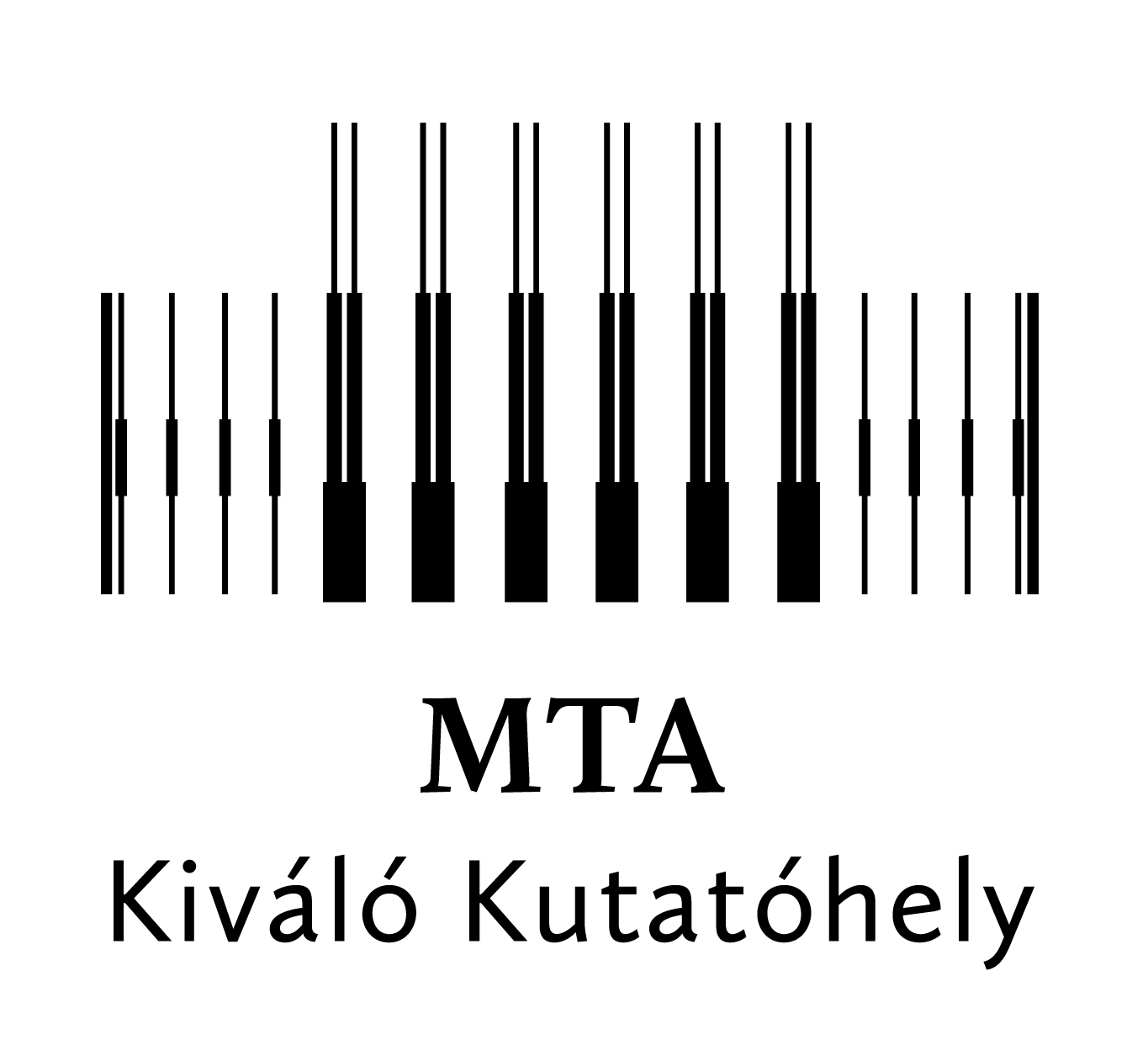Dr. Marta Rencz has been nominated for a Lifetime Achievement Award by the ST35 Thermal Hall of Fame. She is a faculty member and former Head of Department at the Budapest University of Technology and Economics, and a member of the Hungarian Academy of Sciences. Dr. Rencz is also the Development Engineering Director of Mentor’s MicReD group, now a Siemens business.
Dr. Rencz received an electrical engineering degree from the Technical University of Budapest, Hungary, in 1973. A Doctor of Philosophy in Microelectronics followed in 1980 with a Ph.D. in 1995. She focused on microelectronic CAD development work in her early career, including network and thermal simulation programs, the CELLIB cell library management program and the CELLINEX layout extractor program. Her later research interests have included the thermal investigation of ICs and MEMS, thermal sensors, thermal testing, thermal simulation, and thermal model generation.
Electronics Cooling had a chance to chat with Dr. Rencz prior to Semi-Therm 35.
Electronics Cooling: Dr. Rencz, when did you realize that the study of electrical engineering was attractive to you?
Dr. Rencz: In high school. Originally I wanted to be a medical doctor, but then I started to understand how electronics was influencing medical treatment. And so then I thought that it might be best to use my knowledge and interest towards some combination of engineering and medicine. So I decided to go to university to study electrical engineering because, at that time, my university, the Technical University of Budapest, offered a study branch that was essentially electrical engineering for, it’s not easy to translate it to English, examining and healing patients and medicine in general. So this is what I studied for five years, and when I finished my studies I wanted to work in this field. But I received a message from my Professor (Dr. Vladimir Szekely), with whom I later worked for 30 years, inviting me to do my Ph.D studies at his department, which was electronic devices. It was a very progressive department—for example, it was the first department at the time in our university that was teaching computer programming–this is why I selected it.

